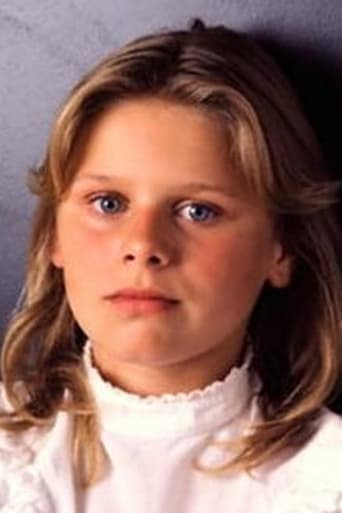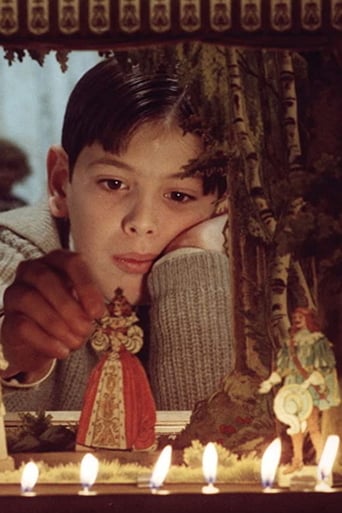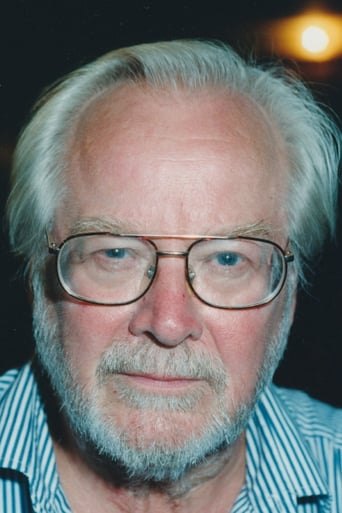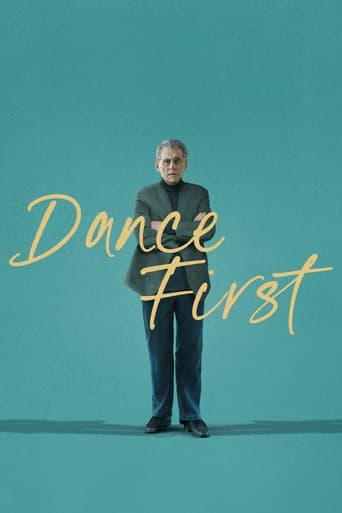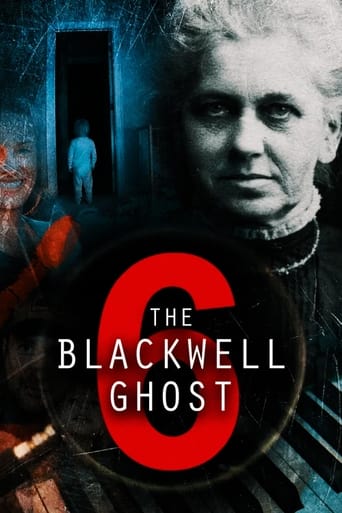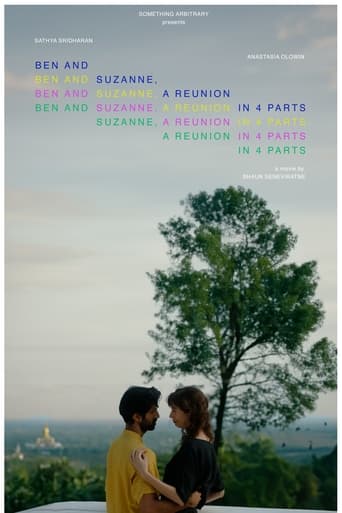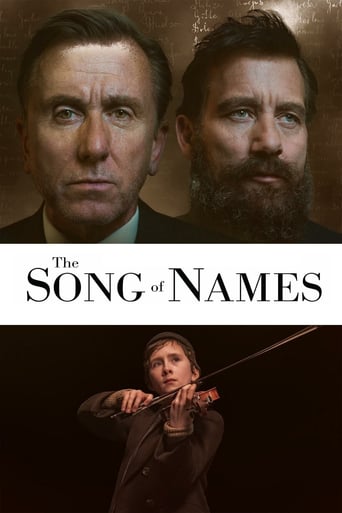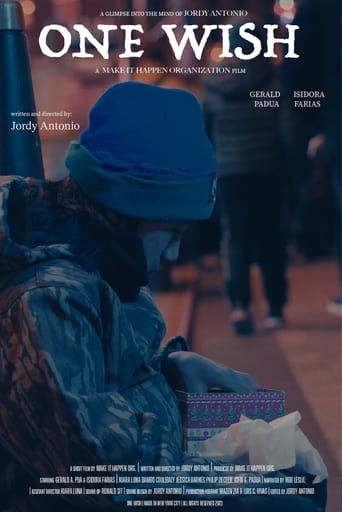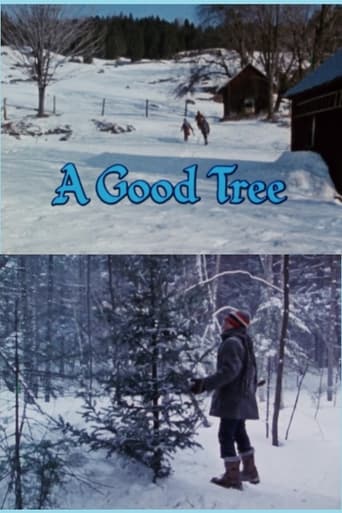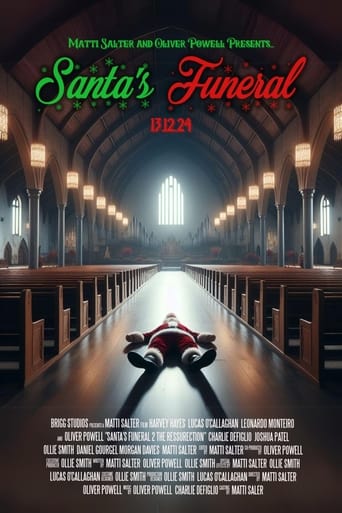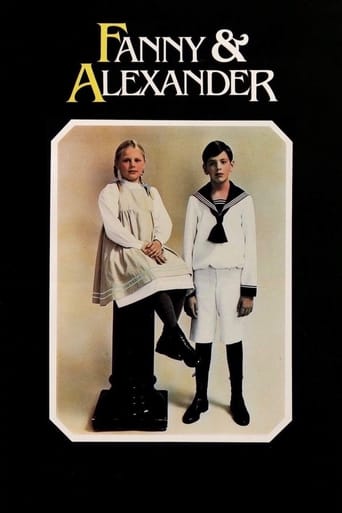
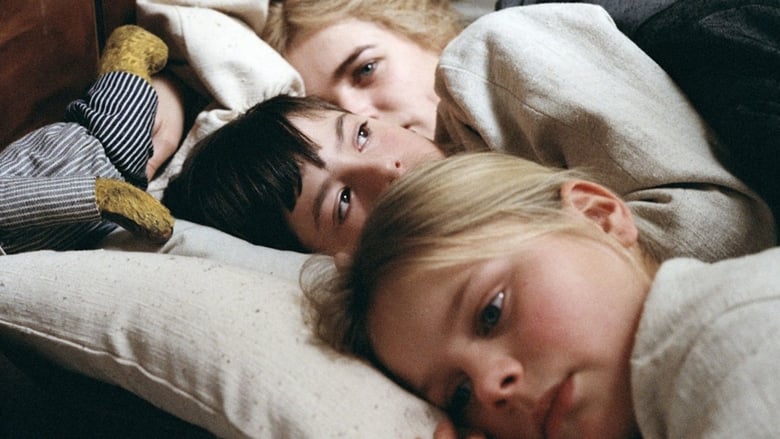
Fanny and Alexander (1983)
As children in the loving Ekdahl family, Fanny and Alexander enjoy a happy life with their parents, who run a theater company. After their father dies unexpectedly, however, the siblings end up in a joyless home when their mother, Emilie, marries a stern bishop. The bleak situation gradually grows worse as the bishop becomes more controlling, but dedicated relatives make a valiant attempt to aid Emilie, Fanny and Alexander.
Watch Trailer
Cast
Similar titles

Reviews
Wow! Such a good movie.
Thanks for the memories!
Great movie! If you want to be entertained and have a few good laughs, see this movie. The music is also very good,
All of these films share one commonality, that being a kind of emotional center that humanizes a cast of monsters.
I loved and watched and re-watched re-re-watched the theatrical release of Fanny & Alexander on its original VCR tapes years ago. I was so looking forward to the 'uncut' version as filmed for Swedish television and was appalled at how it dragged. My main complaint is that numerous aspects of the edited version are mysterious and intensely cinematic but become un-mysterious, explained, talky and boring in the long version. I have had F & A fans attack me about this but stand my ground. It is worth remembering that it is Ingmar Bergman who edited the theatrical version and made all the choices - word for word and scene by scene for what we see. Bluntly put, the long version 'explains' too much and in doing so, makes the viewer less intrigued and less involved. I give this a '10' but only for the 'movie' not the Swedish mini-series.
Clocking in at 3 hours this is a long movie and it is rambling as well. Ingmar Bergman with his cinematographer Sven Nyqvist has made a gorgeous looking film, the art and set direction is exemplary.The film is set in a Swedish town in the early years of the 20th Century. The focus is on the Ekdahl household, a theatrical and gregarious family, there is warmth and bawdiness.Fanny and Alexander have a seemingly idyllic family life but things change when their father Oscar dies from a stroke. Now the children become more important in the film, almost soon their mother Emilie marries the Bishop Edvard, who lives an austere lifestyle with his family. The children are not happy under this stern household which is a contrast to the warmth and love that had previously existed.In its kernel, the film is not that far departed from David Copperfield. The priest is really Mr Murdstone, who has charmed the beautiful widow but has a heart of darkness that Alexander immediately senses. As Edvard cannot gain the children's respect he becomes a brute. The film also borrows from magical realism especially in the latter part as a Jewish family comes to the rescue of the children and revenge is taken against Edvard who refuses to let their mother go.The film is leisurely paced, the second half is more interesting plot wise, although you end up shouting at the screen at Emilie. Why does she want to marry so soon and accepts Edvard's conditions. She really did not care for her children's well being at all and puts them all at risk.In some ways this is Bergman's most accessible film, light and darkness but it is also too long, even self indulgent.
I've seen this movie twice in my life. The first time I was 18 years old, I came home an afternoon after school and Fanny and Alexander was on TV. Having heard of it endlessly throughout my childhood (pretty much unavoidable as a Swede), I was intrigued. After a few minutes, I decided I couldn't stop watching. I was completely mesmerized. I couldn't put my finger on it, but I had never seen anything like it before. I ended up watching the whole three hours (cinematic release, unfortunately) and postponing whatever plans I had. And it stayed with me. Fastforward a few years and last week, I watched this movie again, this time of older age, having seen several other Bergman movies, having read books about him and with an education in film studies. And how I cried. There is something about Ingmar Bergman that has an amazing capacity to mediate and depict feelings and thoughts I never knew how to put word to. This masterpiece, as the climactic final chapter to Ingmar Bergmans magnificent directing career, has everything. It leads you through life and death, through love and hate, through magic and disbelief, through hope and despair. Bergman has a reputation of being difficult and slow, and rightfully so (although many of his other films are fantastic too). But Fanny and Alexander is easier than his others, yet also more graceful and whole. Only once before have I experienced characters in a film resonating profound feelings and emotions of mine, and that was in Persona, another Bergman movie. Seeing so many of his actors once again on screen, this time of old age, many today deceased, join together because "everything must carry on as usual". I experienced a chilling encounter with life, mortality but also the hope in spirituality and beauty. Having dived into the great well of beautiful art that is Bergmans life and career, I am of course biased. But even before having inserted myself in his works, I found this movie absolutely magnificent. And I hope you might too.
A very broad story for Bergman, "Fanny & Alexander" contains a load of interesting themes and ideas, ranging from religion to sexuality to aging and the difficulty of growing up. It's visual style glows in warm tones of red, and the cavalcade of characters is diverse, with some nicely applied magical realism to spice things up even further.I did feel that the film kept the viewer at too great a distance to its characters, which are left a bit thin and vague for my taste. Could this be due to the alleged autobiographical components? Furthermore, I felt that the storytelling wasn't as tight or sharply directed as in Bergman's best masterpieces.
